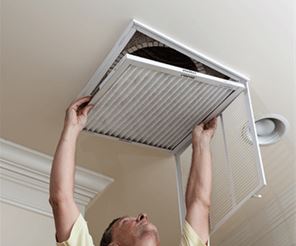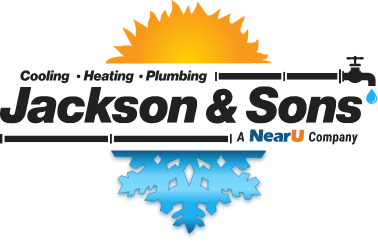
Cared for correctly, your HVAC air filter can protect you from air contaminants that are especially common in summer. To get the most out of your filter, you’ll need to know the right time to replace it.
How Summer Affects Your Filter
During milder spring and fall weather, when you rarely use your system, you may only have to change the air filter once every six to eight weeks. In summer, when your air conditioner gets a daily workout, a monthly air filter replacement is often a must. There are several reasons behind this.
- More air circulation — Running your air conditioner for hours a day means your home’s air is passing through the filter and depositing debris there more often than it does in the off season.
- More biological contaminants — Humid summer air creates the perfect conditions for mold to produce its airborne spores. Summer is also the time some plants produce pollen. Both these air contaminants will be more abundant in your home’s air, meaning your filter will pick up debris faster.
- More moisture in the air — In humid air, both mold and bacteria multiply faster. Neglect the filter too long and the trapped contaminants there can start to grow and release even more contaminants into your ducts.
Finding the Right Change Schedule
Once a month, pull your filter out and hold it up to a bright light. If no light is visible through the filter, you need a clean one. Standard thin fiberglass filters should nearly always be replaced every month. Higher-efficiency models, such as some pleated filters, can last as long as three months. They also improve your indoor air quality, something thin flat-panel fiberglass filters can’t do.
Follow the manufacturer’s recommendations for the optimal change schedule for your home. If you have pets, you smoke or you live near a source of pollution such as a highway or farmland, your filter should be changed more often.
For more pro tips on maintaining high indoor air quality, contact us at Jackson & Sons in Eastern North Carolina.
Our goal is to help educate our customers in Eastern North Carolina (including Wayne, Johnston, Greene, Lenoir, Pitt and Duplin Counties) about energy and home comfort issues (specific to HVAC systems).
Credit/Copyright Attribution: “Steve_Heap/Shutterstock”

